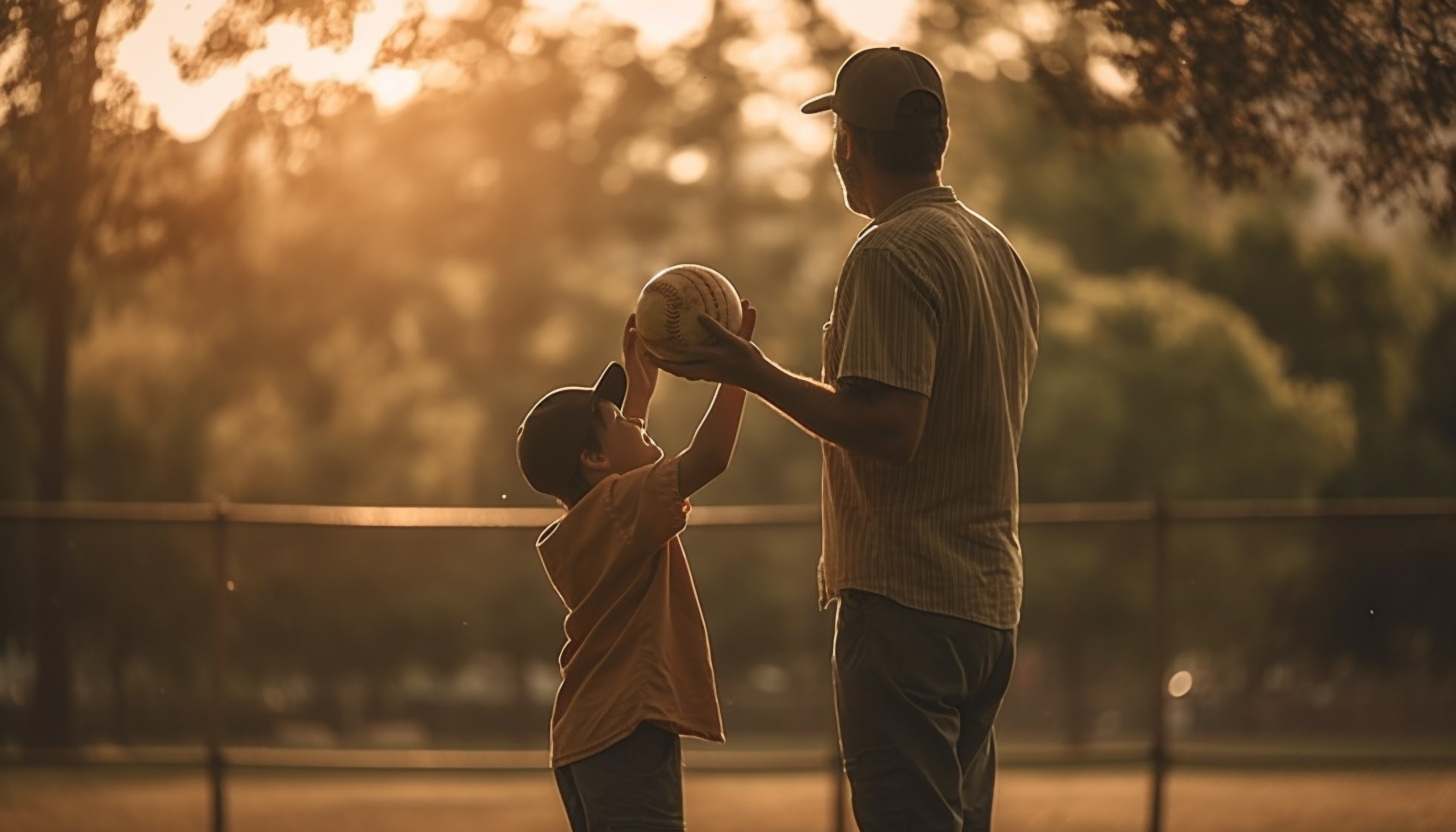Playful Parenting
Dr. Meenakshi Dahal's article "Playful Parenting" explores a unique parenting approach that goes beyond traditional methods. She contrasts two parenting styles and highlights how playful interactions can foster emotional connection, learning, and healthy

Everyday our children tell us how they want to be parented. They try to tell us to recognize their interest ideas and treat accordingly. Our child’s innate, inner-self, their natural quality of moving, thinking, feeling and relating to the world can be observed through their expressions, appearance, body language, tone of voice and choice of words.
Let’s imagine a scene where we take our child to a playground on a beautiful sunny afternoon. While playing on the slide, your daughter is almost slammed on the head by a boy who was impatiently sliding down after her. A few minutes earlier the same boy had caused another child to cry. The boy’s mother rushes over and hits him in the arm, aggressively scolding him; “I told you never to do that again, why don’t you ever listen to me? Now stop playing and let’s go home!” She then tugs and drags the boy away while he cries. The mother is evidently frustrated by the child’s action, but her method of educating and correcting the boy is counterproductive. Now imagine a different scenario where a boy pushes a little girl off the slide. When his mother comes over, she doesn’t yell at the boy, rather she apologizes to the girl and her mother. She then grabs a toy and tells her son, “Hey, why don’t we play a game. Let’s go down the slide.” Hearing that his mother wants to play a game with him, the boy gets very excited and quickly goes up the stairs of the slide. “Go quickly, go quick!” the mother says, and proceeds to push him with the toy she was holding. The mother pushes him a bit too hard and makes him slide down fast and fall on the foam board carpeted at the bottom of the slide; the boy then gets very upset. Noticing this, his mother walks up to him and says, “Look, isn’t it dangerous to get pushed like this? When you push other children just like I pushed you, they will also be very upset, won’t they?”, the boy then nods in agreement. What do you think will happen afterwards? From now on, the boy will most likely wait until the other children have reached the bottom of the slide before sliding down after. Looking at the previously mentioned scenario, it is easy to tell how wise the second mother was. By using the playful parenting method, she was able to solve the behavior problem of her child without damaging her parent-child relationship, enabling her child to grow up in a healthy and happy atmosphere.
The method of “Playful parenting” is quite self-explanatory, but its meaning suggests that it involves more than the normal concept of the word play; it’s not just about doing sing-alongs or having game nights. It involves doing anything that will help child grow in a fun and happy way. From having pillow fights to shopping mall trips, from comforting crying children until they laugh, to fondly repairing bicycles together, discussing TV watching rules, or happily preparing for school, playful parenting can always come in handy.
In a child’s world, everything is new and interesting. A two-year-old child can throw the same toy against the floor a hundred times and each time will be as fun and interesting as the previous one. Although he doesn’t know what gravity is, the sound of the toy hitting the floor and the way the toy just lies there is fascinating to him. This simple toy-throwing game can be a way for children to learn. It’s not just toys, but all sorts of situations that happen in the daily life of their families that arouse the interest of children. They will spontaneously and subconsciously play games that sharpen their brains. A good example is the pretend game where children get to experience in their imagination, such as what it means to be couples, doctors, nurses, and so forth. In addition to children spontaneously exploring games, parents or guardians can also use games to teach children the qualities they need.
With playful parenting, children not only explore the world and acquire knowledge, they also learn how to connect with others and realize their emotional needs. Children love to play mirroring game, the game not only felt them happy, but also established a close connection with their parents. The game gave them a sense of security and help them to comfort themselves, solve their emotional problems, and interact well with their peers.
When a child joins unfamiliar situations, they tend to hide their discomfort and grievances until they meet their parents. At such times, a loving hug, or a happy game, can comfort the child. Children need constant love and care. When a child is hungry, tired, or sad, they need to be taken care of and comforted. However, if children do not get a timely response from their parents, they gradually begin to lose confidence in the connection they have with their parents, and might decide to become withdrawn and introverted. This makes it even more difficult for parents to reconnect emotionally with their children in the future. A long-term lack of connection with their parents may give children a strong sense of loneliness. When they feel alone, they withdraw themselves from socializing with other children, or if they do, they may become unreasonable and bossy. Without a proper connection, such children will be judged as being difficult or troublesome, when in reality, all they need is more attention and assistance. To ensure that parents and children maintain a good relationship, parent must employ the playful parenting.


